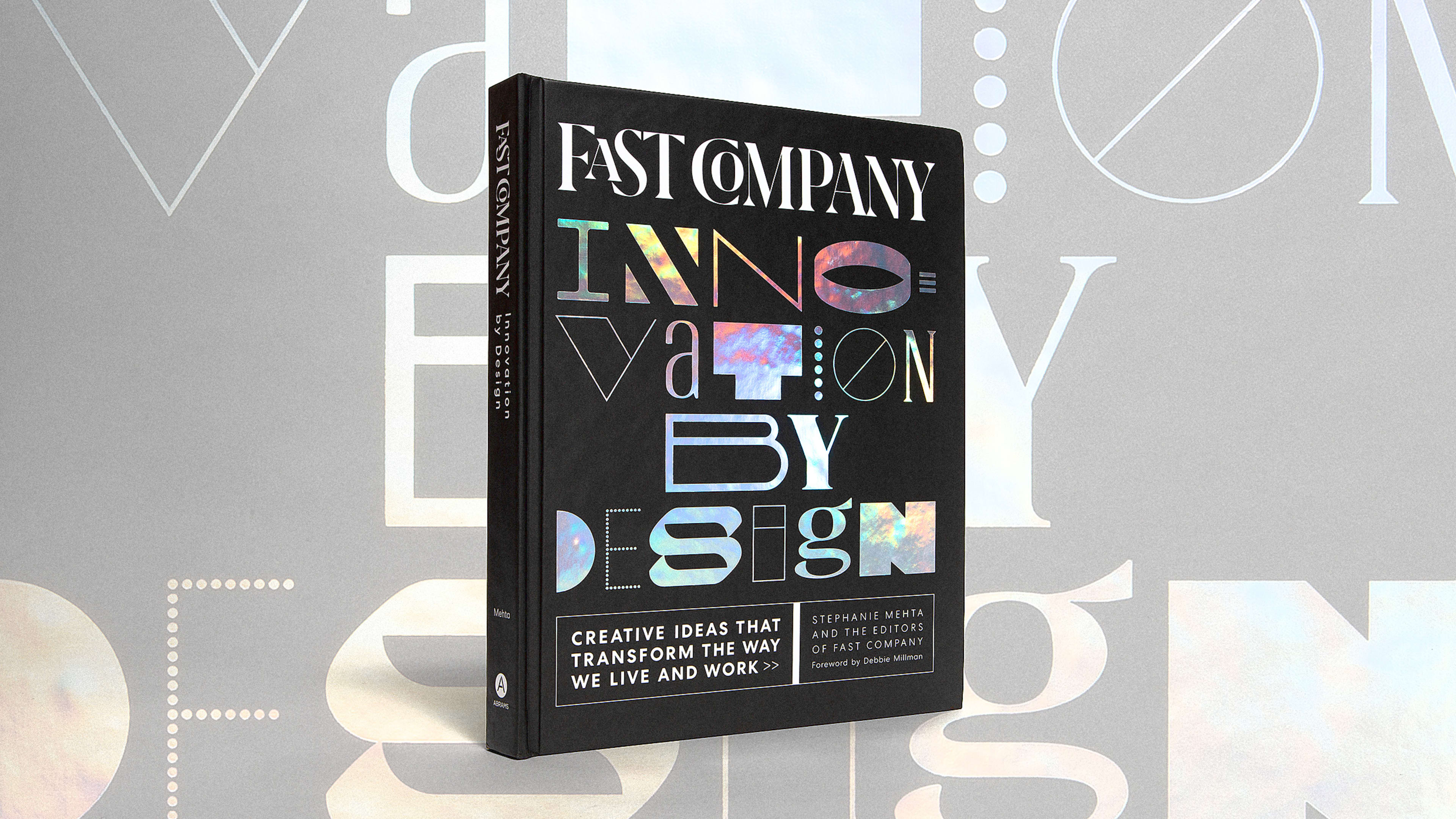Listen to Co.Design editor Suzanne LaBarre discuss the book on the Fast Company podcast Creative Conversation
We should not underestimate the crucial importance of leadership and design joining forces. Our global future depends on it. We will either design our way through the deadly challenges of this century, or we won’t make it. For our institutions—in truth, for our civilization—to survive and prosper, we must solve extremely complex problems and cope with many bewildering dilemmas. We cannot assume that, following our present path, we will simply evolve toward a better world. But we can design that better world. That is why designers need to become leaders, and why leaders need to become designers.—Richard Farson, “Management by Design,” 2000
The year was 1997. Looking back now, it seems like prehistoric times: pre-YouTube, pre-Facebook, 10 years before Apple’s launch of the iPhone. It was there—in a conference room of one of my corporate clients—that I first saw a publication titled Fast Company. That particular issue featured clever cover art mimicking the iconic Tide laundry detergent. As I inched over, I saw that the headline “The Brand Called You” took the place of the classic P&G nomenclature. I was intrigued. I riffled through to Tom Peters’s cover story and read his declaration that a new construction of our corporate selves was required in the modern marketplace. As sexy as it seemed at the time, I’m not sure anyone understood the gravity of Peters’s proclamation. In hindsight, this became the entry point to living our lives publicly, punctuated with a constant barrage of personal pixels. And Fast Company had the scoop.
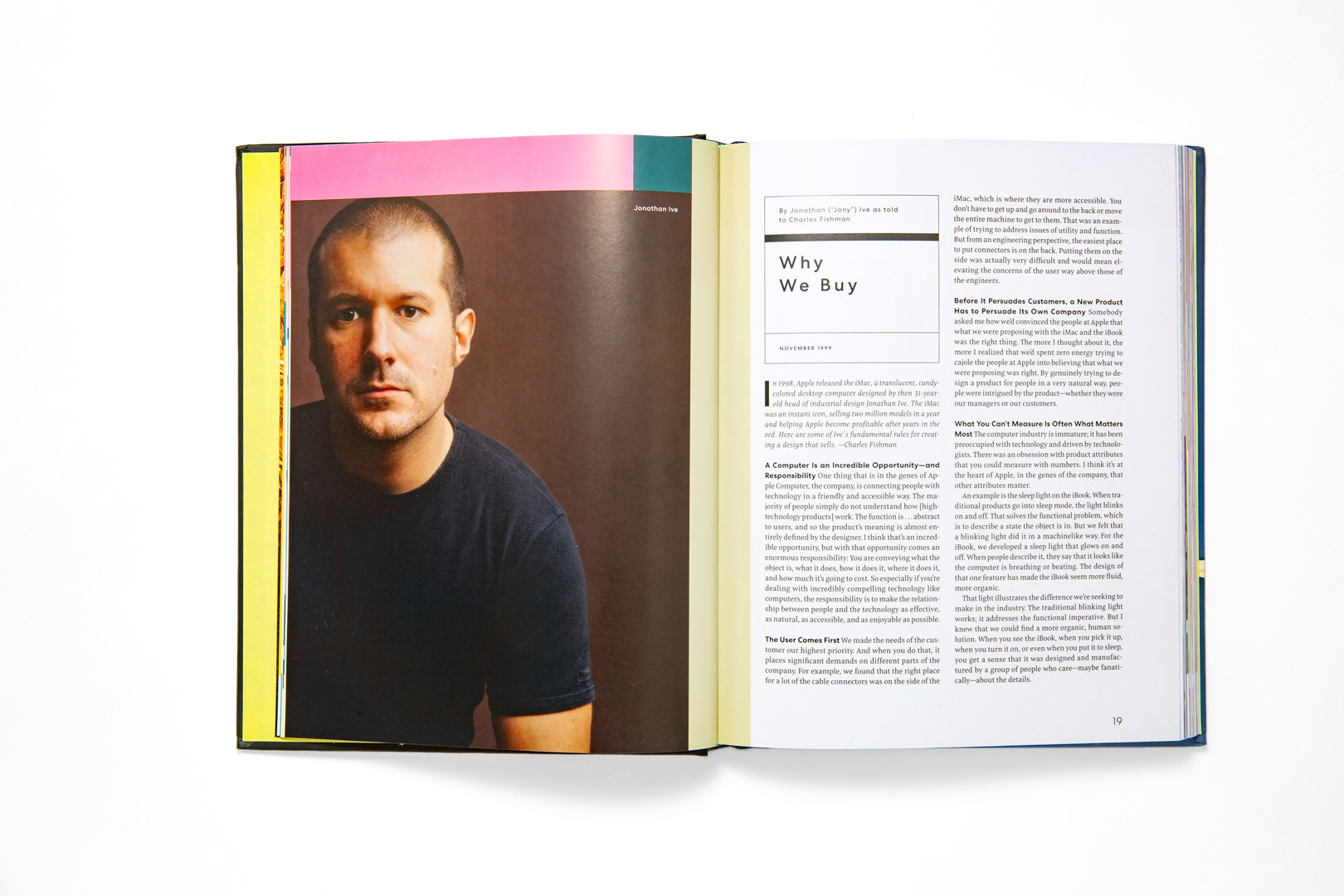
It’s hard to imagine that Martin knew the extent to which business would ultimately embrace design, but 25 years later our entire culture is now immersed in a universe fueled by creativity. Behemoth corporations including P&G, Kraft, and Coca-Cola have shown us that scale alone is not nearly enough to thrive in a world where markets are rapidly globalizing and have proven that incremental improvement on its own can’t deliver a robust return on investment. Companies, such as Apple, Nike, and Target, have proven that to succeed, prosper, and make a meaningful difference in today’s world the most valuable contribution comes from using the designer’s foremost competitive weapon: innovation.
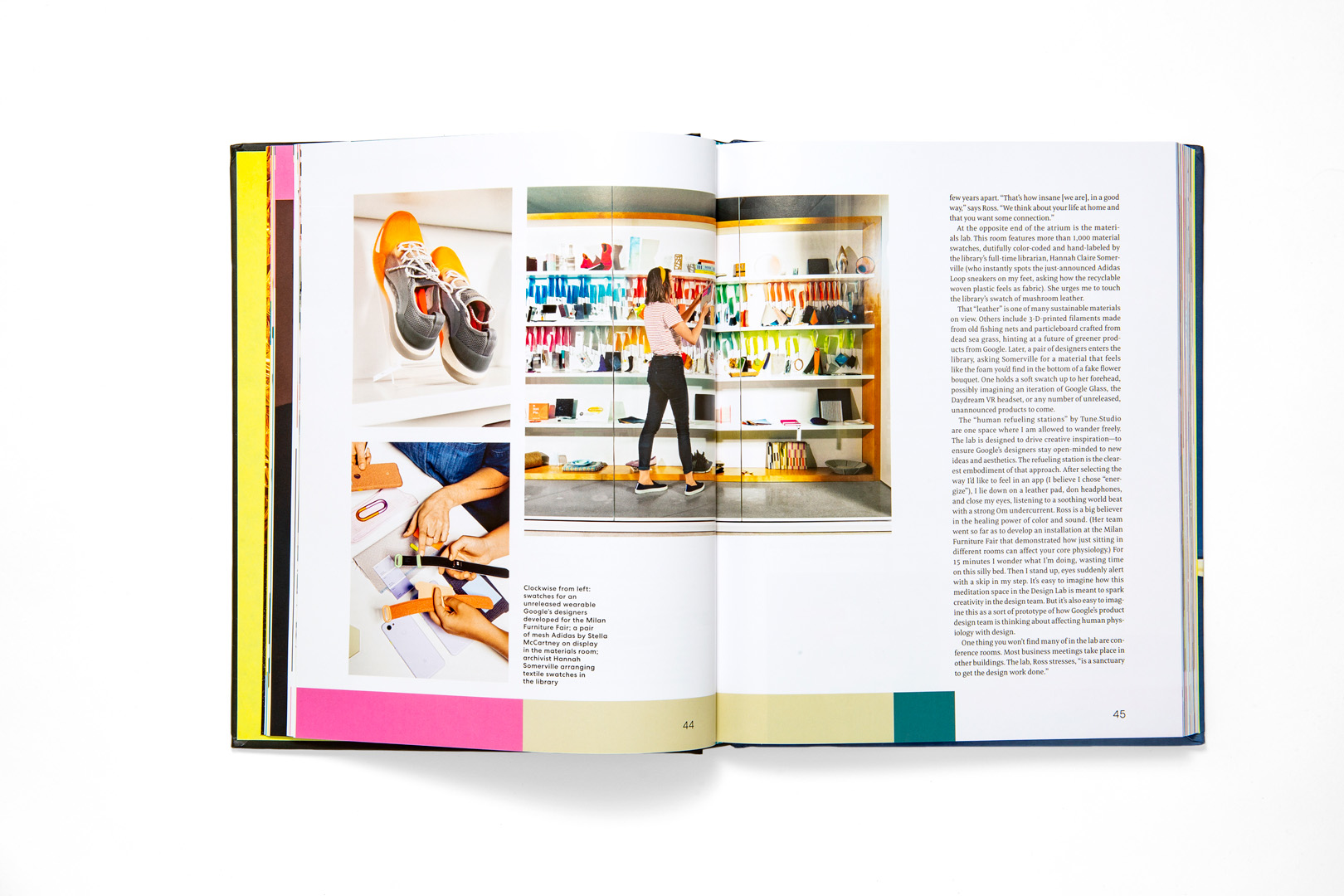
Now, if you are developing a marketing strategy, or streamlining a manufacturing operation, or building a new system for distribution—if you work almost anywhere in the world of business today—you must be engaged in the discipline of design. This bilingual ability has resulted in companies creating superior and elegantly refined products that not only taste different, feel different, and look different; these products are also attempting to make a difference in people’s lives.
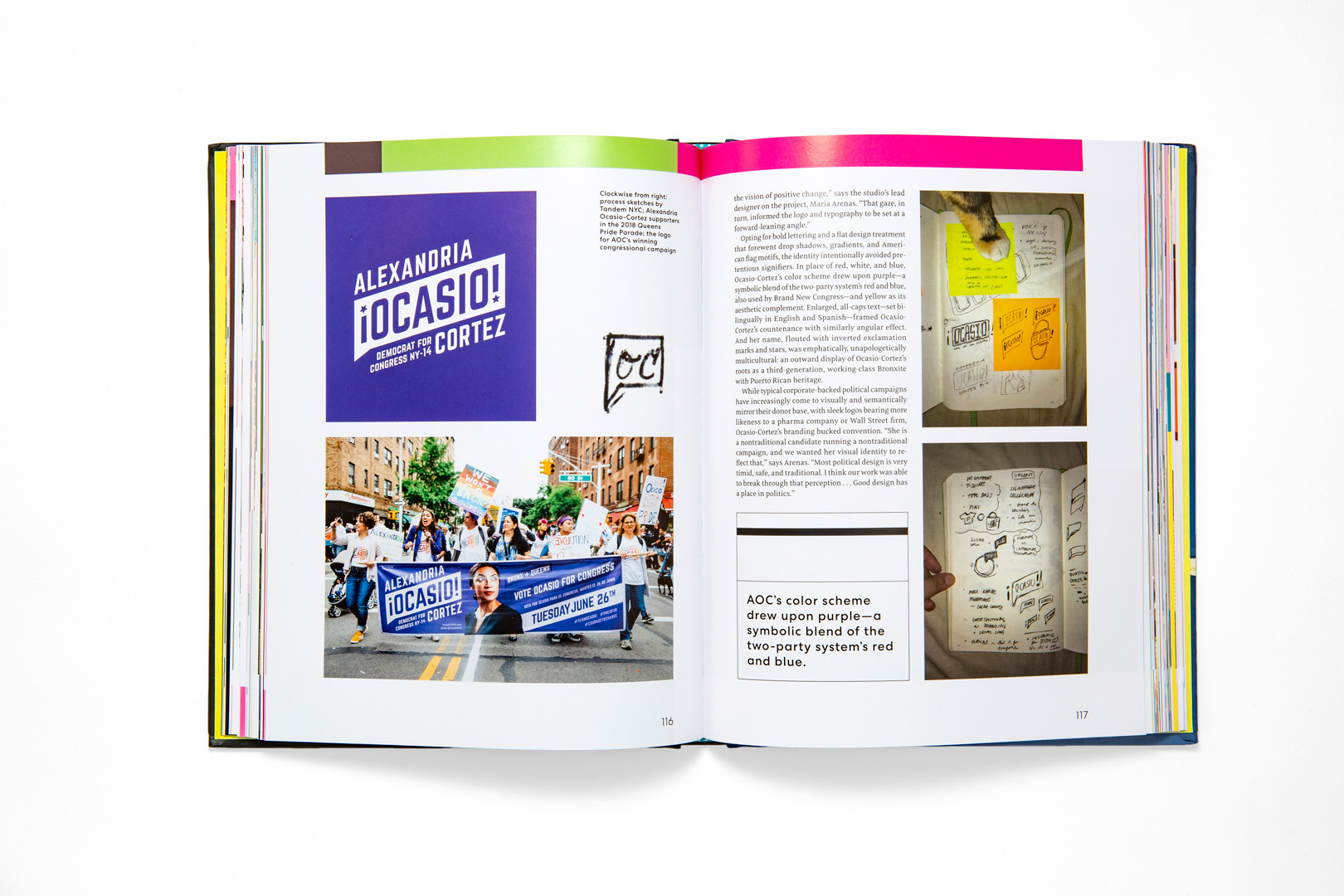
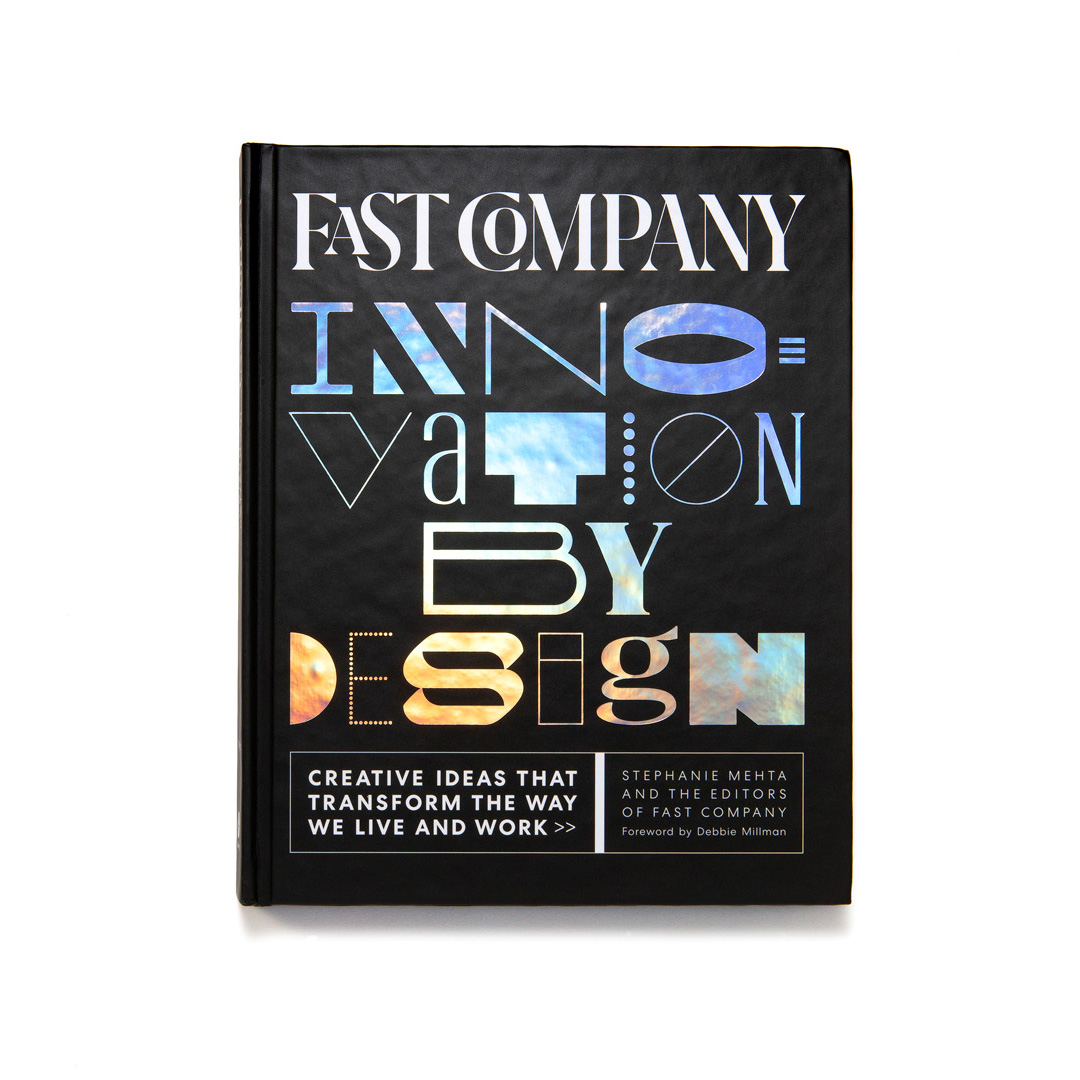
This essay was excerpted from the book Fast Company Innovation by Design: Creative Ideas That Transform The Way We Live and Work on sale September 21. Pre-order a copy here.
Recognize your company's culture of innovation by applying to this year's Best Workplaces for Innovators Awards before the extended deadline, April 12.
